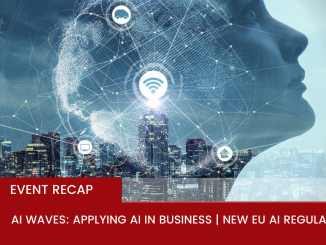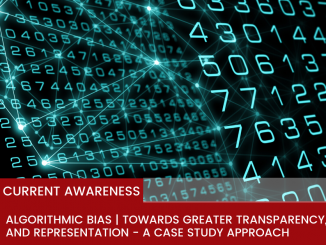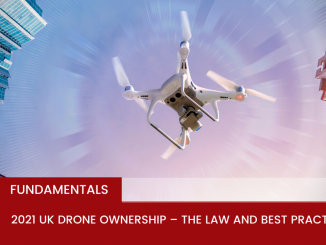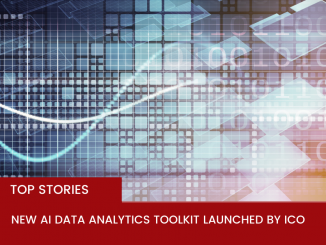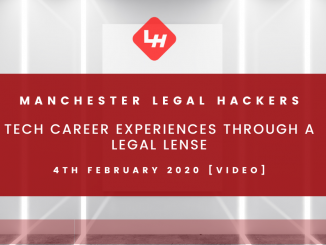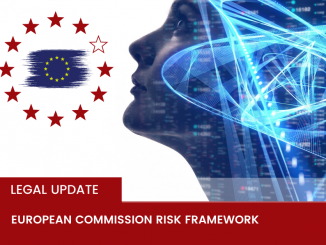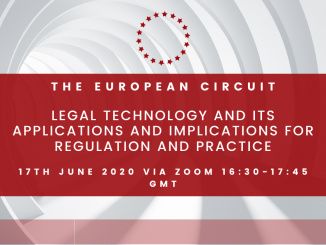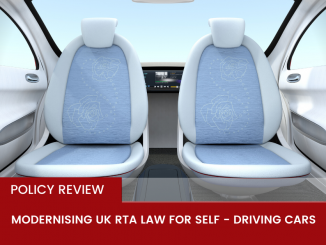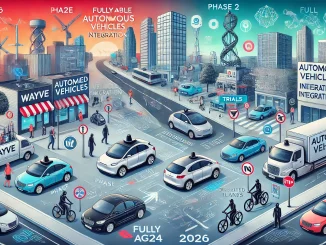How to get involved
How to Get Involved with WiredBrief
WiredBrief is always open to collaboration and innovative ideas. Whether you’re passionate about a specific topic, have a project you’d like us to consider, or are simply curious about how we can partner together, we encourage you to reach out.
Ways to Connect
- Contact Form: The most direct way to get in touch is through our [Contact form]. Share your thoughts, questions, or proposals, and we’ll get back to you promptly.
- Idea Submissions: Do you have a groundbreaking concept or story idea? We’re eager to hear it! Please include a brief outline and any relevant supporting materials.
- Partnership Opportunities: Are you interested in collaborating on a project or event? Let’s explore the possibilities together. Share your organization’s mission and your vision for partnership.
- General Inquiries: If you have general questions about WiredBrief, our services, or how to get involved, don’t hesitate to ask. We’re happy to provide information and resources.
What We Look For
- Original Ideas: We value fresh perspectives and unique angles on current events and trends.
- Passion for Technology & Innovation: If you share our enthusiasm for the ever-evolving world of technology and its impact on society, we’d love to hear from you.
- Collaborative Spirit: We believe in the power of partnership and are open to working with individuals and organizations who share our values.
Let’s Start a Conversation
Your input is invaluable to us. We encourage you to reach out and become part of the WiredBrief community. Together, we can explore new ideas, create impactful content, and stay ahead of the curve in the ever-changing tech landscape.






